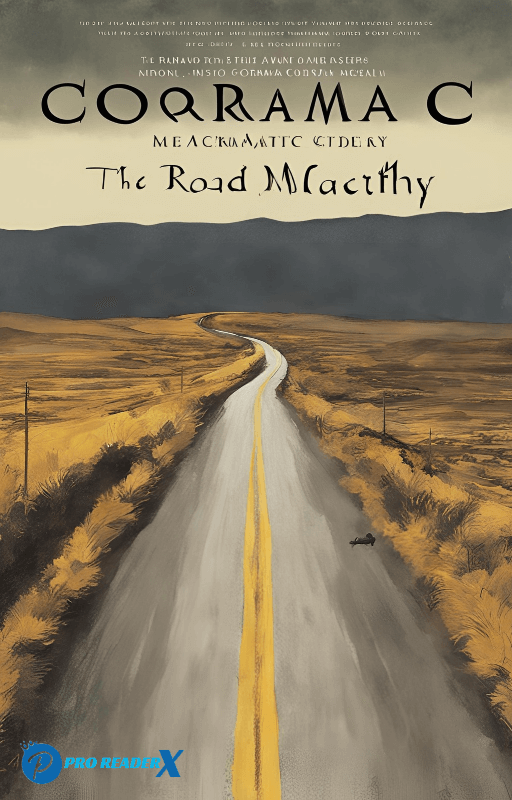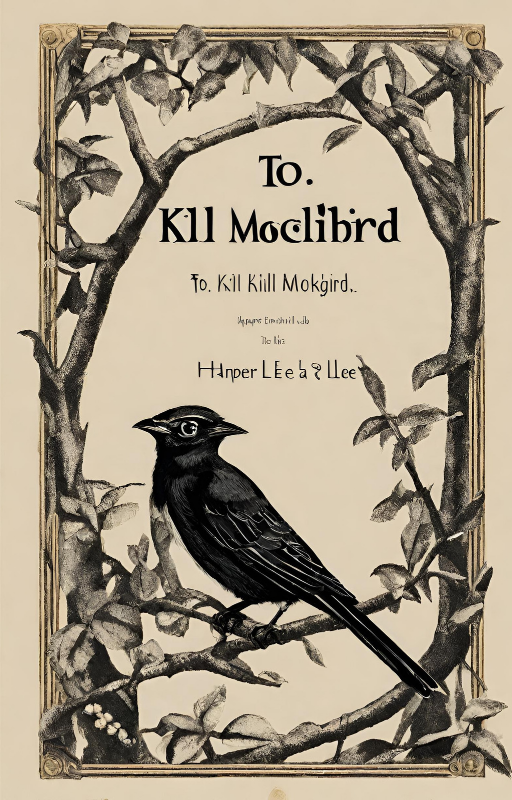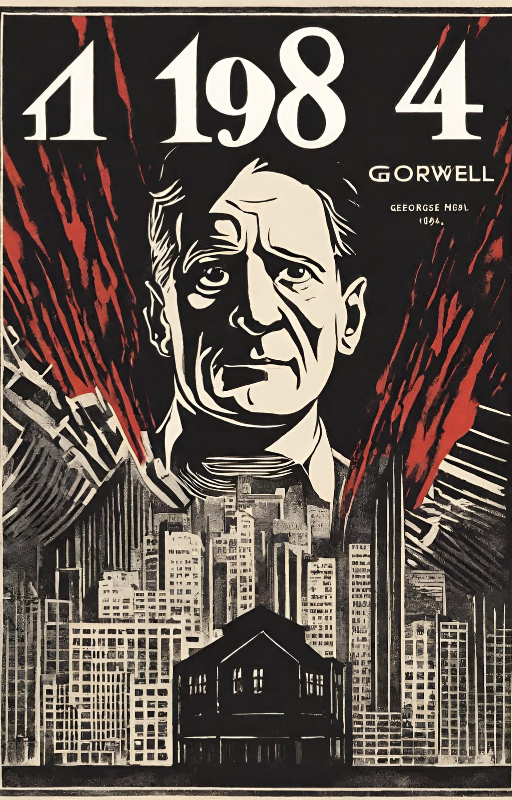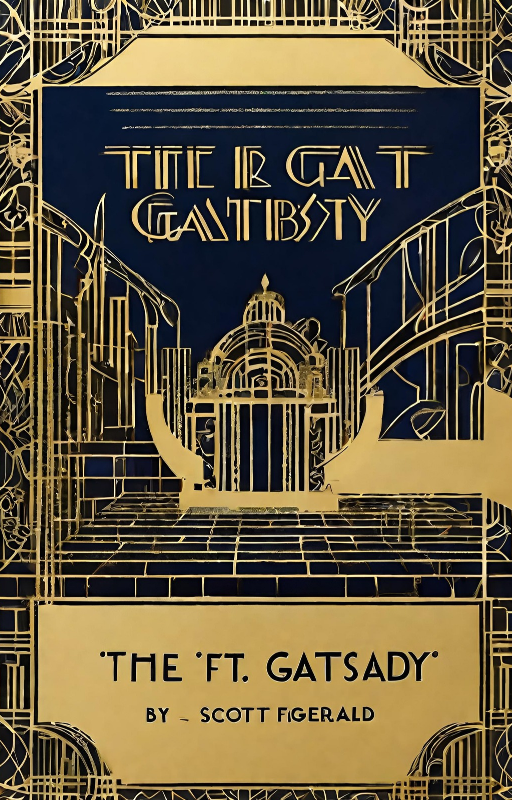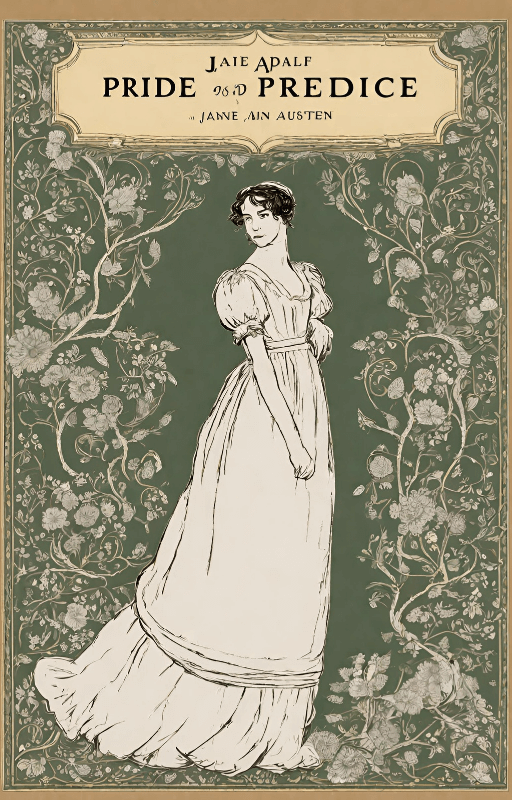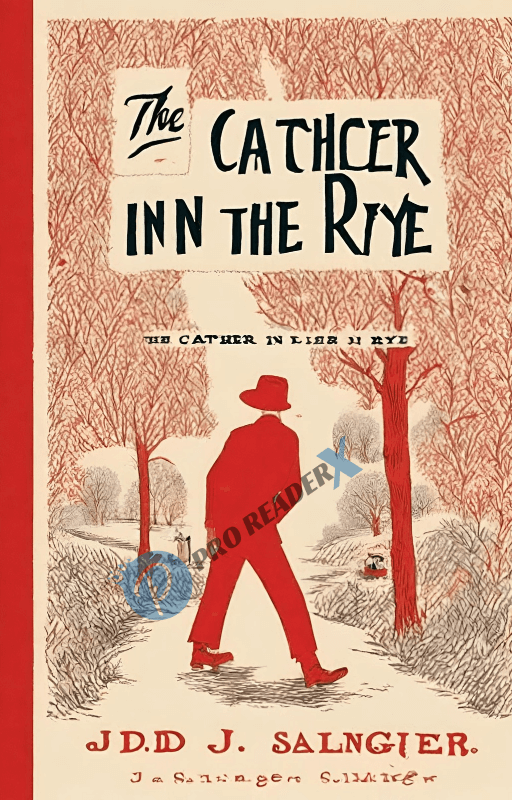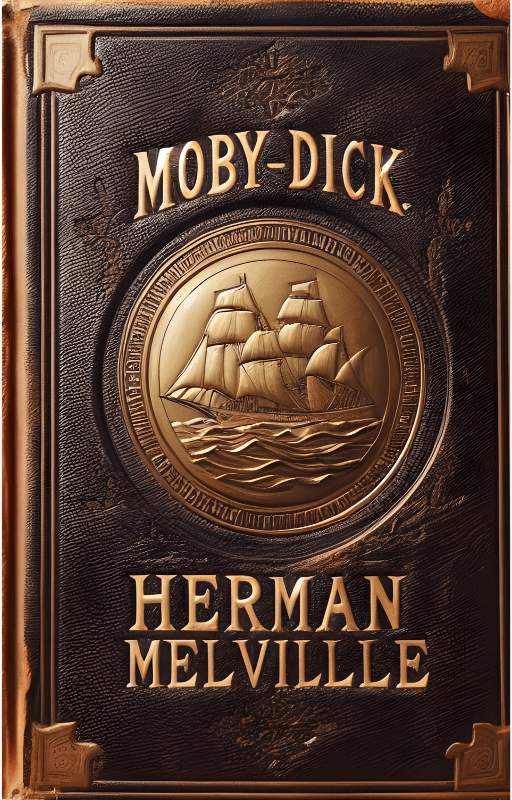Introduction
In his eerie yet elegant book “The Road,” Cormac McCarthy transports readers to a post-apocalyptic future. The narrative, set in a desolate area where society has crumbled, chronicles the terrifying quest of a father and his small kid to live among the ruins of humanity.
Background Information
Acclaimed for his unique literary style and research into subjects like ethics and human nature, Cormac McCarthy wrote “The Road” in 2006. Widespread praise from critics brought the novel the 2007 Pulitzer Prize for Fiction.
Plot Summary
A father goes southward over a barren terrain with his small boy in a world ravaged by an unknown cataclysmic catastrophe. Hoping to find security and a better life, they are headed toward the seaside. They run across malnutrition, severe weather, and cannibalistic gangs, among other threats along the route. Father and son are navigating the wasteland, clinging to one other for hope and survival, yet their relationship is unshakeable despite the gloom of their living conditions.
Main Characters
“The Road” focuses on a father and his kid, whose identities are never disclosed. The father is shown as a resourceful and protective man who would stop at nothing to keep his son safe. Conversely, the son stands in for sensitivity and innocence in hardship.
Themes
Surviving, hope, and the human potential for brutality and compassion are among the many deep subjects in McCarthy’s book. The desolate environment is a metaphor for society’s brittleness, and the father-son connection emphasizes the strength of love and family ties even in the worst of situations.
Writing Style
McCarthy writes in “The Road” in a spare yet powerful manner marked by brief, straightforward phrases and striking images. His minimalist technique, which increases the sense of urgency and immediacy in the story, replaces conventional punctuation and conversation tags.
Critical Reception
When “The Road” came out, critics praised McCarthy’s writing, character development, and examination of existential issues. Many called it a moving meditation on the human predicament and a contemporary classic.
Impact and Legacy
Inspiring much post-apocalyptic literature and popular culture, “The Road” still moves readers with its depiction of a world devoid of civilization, which makes them consider the brittleness of human life and the ongoing durability of hope in the face of adversity.
Comparison with Other Works
Even though “The Road” has thematic resemblances to McCarthy’s earlier books, including “Blood Meridian” and “No Country for Old Men,” its emphasis on the relationship between father and son distinguishes it as a particularly moving examination of love and survival in an immoral society.
Film Adaptation
Viggo Mortensen and Kodi Smit-McPhee played the father and son, respectively, in the 2009 John Hillcoat-directed film version of “The Road.” Though the film’s fidelity to the original material and atmospheric photography won it accolades, its evaluations were not unanimous.
Quotes
“All I know is the child is my warrant, and if he is not the word of God, then God never spoke.”
“Nobody wants to be here, and nobody wants to leave.”
“You forget what you want to remember, and you remember what you want to forget.”
Conclusion
Cormac McCarthy’s “The Road” delves deeply and hauntingly into the human soul in the face of destruction. Through its striking language and moving ideas, the book forces readers to consider the fundamental issues of life and the tenacity of hope in the worst of circumstances.
FAQs (Frequently Asked Questions)
Q1. Is “The Road” appropriate for very young readers?
Though it is a literary masterwork, younger viewers might not be suitable for “The Road”‘s depressing and frequently horrific subject matter. Teenage readers should consider it with caution by parents.
Q2. What distinguishes Cormac McCarthy’s writing style?
McCarthy writes in a simple, harsh manner that emphasizes the passion and urgency of his stories by forgoing speech tags and standard punctuation.
Q3. Is “The Road” ending happy?
Without disclosing too much, “The Road” ends in a way that makes readers consider what hope and resiliency are all about when faced with overwhelming obstacles.
Q4. Cormac McCarthy wrote “The Road” in response to what?
McCarthy hasn’t said it directly, but his ongoing interest in existential issues and the brittleness of human society is thought to have impacted “The Road.”
Q5. Will “The Road” have any prequels or sequels?
No, in McCarthy’s library, “The Road” is the only book that stands alone; no prequels or sequels are in the works.
